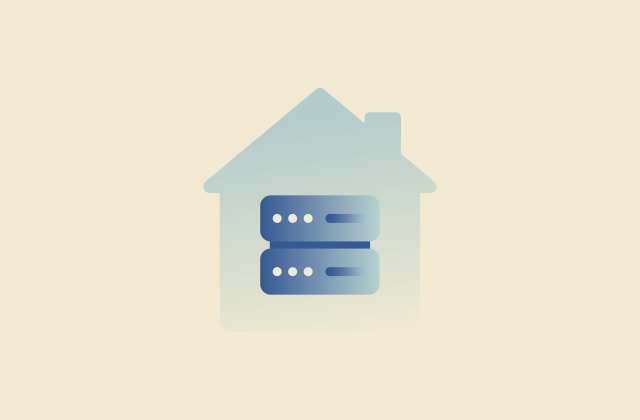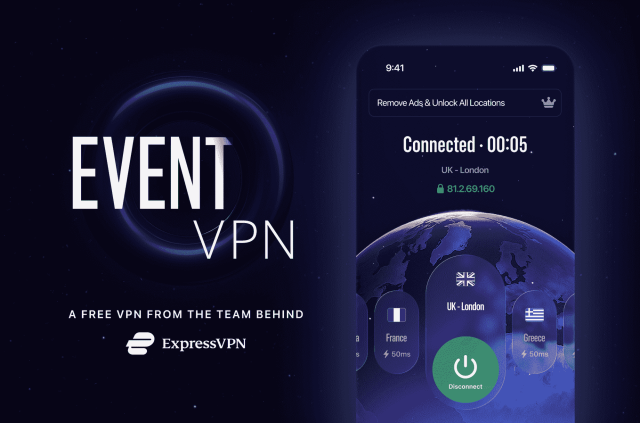House passes USA Freedom Act; Senate next as Section 215 comes up for renewal


In a landslide vote on Wednesday, the US House of Representatives voted overwhelmingly in favour of the USA Freedom Act, potentially signifying the end of the National Security Agency’s (NSA) most controversial spying elements.
The bill, which passed by a vote of 338 to 88, would end the government’s bulk collection of phone records from US telecoms companies - a surveillance program first brought to light in 2006, but not given the attention it deserved until ex-contractor Edward Snowden began leaking information about the NSA’s spying powers.
The new USA Freedom Act instead calls for carriers and telecommunications companies to retain records, with the NSA forced to obtain court orders from the Foreign Intelligence Surveillance Court. Access by the NSA would also be limited to specific search terms, ensuring access would only be given to relevant records.
Despite the mass of votes in favor of the bill, there is one more hurdle to contend with before it becomes law – the US Senate.
While Senators consider the proposal, pressure is mounting, not only because of public sentiment about US government spying, but also because Section 215 of the PATRIOT Act is due to sunset on 1 June.
Meanwhile, civil liberties groups are divided in their support of the bill, with some believing it is better than nothing and others suggesting it does not go far enough.
The Electronic Frontier Foundation (EFF), which had originally supported the new bill, has altered its stance recently in light of a US federal appeals court ruling that the National Security Agency's bulk and warrantless collection of phone records is illegal.
In their decision, the three-judge panel of the Second US Circuit Court of Appeals in New York found that the collection of Americans’ phone metadata was never authorised by Section 215 of the Patriot Act, despite the intelligence community’s insistence to the contrary.
This development, EFF says, should allow the Senate to roll back the new bill to an earlier 2013 version that offers stronger reforms.
EFF is particularly concerned about the language used within the bill, and hopes to see wording that adds clarity to key terms that would prevent the NSA from arguing interpretations that are not intended. Furthermore, EFF has expressed concern over the Freedom Act’s granting of permission for the collection of “second hop” numbers without any authorisation. This, the group says, would allow the government to circumvent the need to gain the court’s permission before acquiring additional records outside of its original search parameters.
Civil liberties director David Greene and legislative analyst Mark Jaycox wrote how “Automatically obtaining a ‘second hop’ is unacceptable because it sweeps in too many people’s records“.
Despite having the support of the White House, Attorney General Eric Holder and the Director of National Intelligence James Clapper, the ride through Senate is not likely to be straightforward.
Some lawmakers who oppose the bill say it will hamstring the NSA, allowing terrorist groups to prosper at a time when ISIS and others are stepping up their activities in the US and other nations.
They argue that having telephone records readily available aids intelligence efforts as new information surfaces and say there is no evidence to suggest that the program has ever been misused, despite officials confirming that bulk data collection has proven costly while yielding no tangible results.
Featured image: Peter Griffin / Public Domain Pictures.net
Take the first step to protect yourself online. Try ExpressVPN risk-free.
Get ExpressVPN














